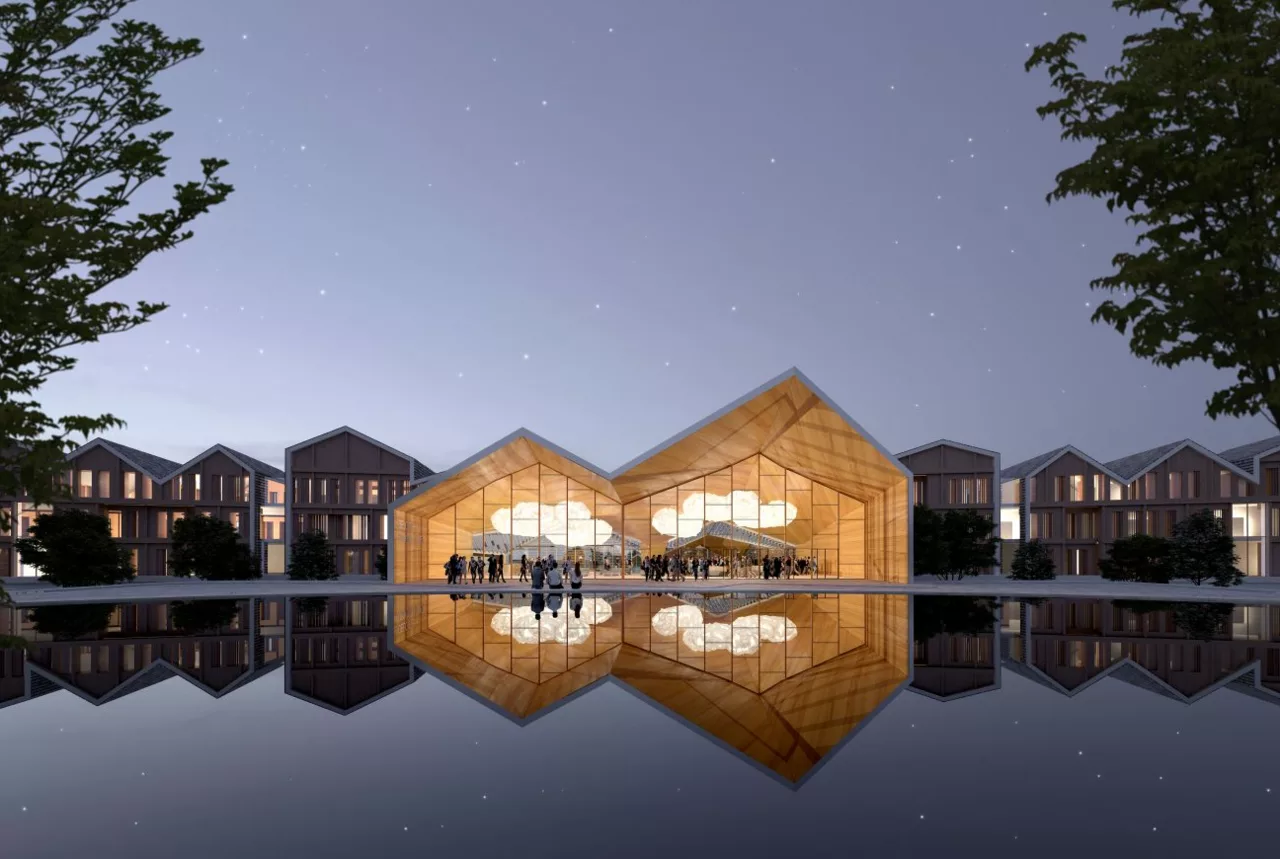
Aménageur urbain et promoteur-exploitant au service de vous tous
Notre modèle est celui d’un opérateur immobilier avec un cœur de métier historique dans la promotion, augmenté de services pour vous répondre au quotidien et dans la durée. Engagé historiquement pour l’accès au logement pour tous et leader de la décarbonation dans notre secteur, nous nous mobilisons pour un immobilier abordable et durable, neuf et réhabilité, dans des quartiers et des villes apaisés où il fait bon habiter, vivre et travailler.
- Créer des liens et vivre ensemble
De l’aménagement de quartiers mixtes et des opérations de régénération urbaine à la construction de logements sociaux, nous contribuons au vivre-ensemble. - Travailler, collaborer
De la construction et la réhabilitation de bureaux à l’exploitation d’espaces de coworking en passant par la gestion des espaces de vie au bureau, nous répondons au besoin de toutes les entreprises, que vous soyez utilisateurs ou investisseurs. - Se loger, vivre avec les siens
De la construction et la réhabilitation de logements à l’épargne immobilière, des résidences étudiants ou seniors au coliving, nous proposons des solutions qui correspondent à votre parcours résidentiel et à vos moyens.
Conception et aménagement de quartiers, régénération urbaine, promotion, gestion, réhabilitation de logements ou de bureaux, valorisation des actifs immobiliers, exploitation de résidences et de lieux partagés, offre d’épargne immobilière,

Une taille et des atouts qui soutiennent notre feuille de route
Nos métiers connaissent une mutation profonde mais notre position de leader, notre taille, notre maillage territorial et nos expertises nous donnent les moyens de tirer parti de ces transformations. Nous nous appuyons sur deux tendances majeures qui structurent nos marchés.
- L’accélération du déploiement de la ville durable
L’urgence climatique appelle une modification en profondeur de l’aménagement des villes et de la production immobilière. Cette transformation est à la fois complexe et coûteuse. Pour accélérer le changement, nous capitalisons sur notre taille, sur nos expertises dans l’aménagement urbain, la construction neuve, la réhabilitation et la rénovation. Nous nous appuyons aussi sur notre maîtrise industrielle et les innovations de nos partenaires stratégiques. - Le déplacement de la valeur du produit vers l’usage
Dans un contexte de mutations des modes de vie et de travail, la notion de valeur se déplace du produit vers l’usage, dans l’immobilier comme dans d’autres secteurs. Nous prenons appui sur cette tendance pour proposer un ensemble d’offres allant de la promotion aux services enrichis, en passant par l’immobilier opéré. Ce qui se joue, c’est le vrai bénéfice que nous pouvons apporter à nos clients tous au long de leur vie immobilière.
Tous nos
Découvrez

Notre capital humain au cœur de la vie ensemble
La raison d’être de Nexity ‘la vie ensemble’ est portée par un élan collectif. Elle est aussi nourrie par une culture d’entreprise reposant sur la confiance, la responsabilité et la possibilité pour chaque collaborateur de participer à des actions qui ont du sens.
Pour tenir la promesse de la vie ensemble, nous croyons individuellement et collectivement en :
- La sincérité et la proximité avec nos clients
Priorité pour nous, votre satisfaction est au cœur de nos actions et l’un des piliers de notre raison d’être. Nous avons l’ambition de devenir votre acteur immobilier préféré. Et pour y parvenir, nous nous attachons au quotidien à vous écouter et à vous répondre avec transparence et clarté. - L’engagement responsable
Nous sommes convaincus qu’en tant qu’opérateur immobilier, nous pouvons, par nos engagements, être un instrument de la recomposition de la ville dans ses dimensions sociales, sociétales et environnementales, au service de chacun et des collectivités. - Le temps d’avance et l’amélioration continue
Nexity est une entreprise apprenante. Elle doit continuer à forger son intelligence et à s’ouvrir au monde pour mieux le comprendre. C’est notamment le sens de nos partenariats stratégiques qui nous permettent de déployer des solutions innovantes dans nos métiers de promotion. - La diversité sous toutes ses formes
Nous ne pouvons pas changer le monde mais nous pouvons y contribuer par nos choix. C’est pourquoi nous valorisons la diversité. Qu’il s’agisse des profils de nos collaborateurs, des solutions d’habitat ou de modes de travail que nous développons pour nos clients ou des approches de l’aménagement urbain.
Déclinés de notre raison d’être, découvrez nos engagements notamment ceux pour la lutte contre le changement climatique ou en faveur d’une ville inclusive et solidaire.
Si vous souhaitez intégrer un Groupe formé par un collectif de plus de 200 métiers en mouvement, tourné vers l’avenir dans lequel vous pourrez relever tous les défis pour transformer la ville en profondeur, rejoignez l’#Entreprisedespossibles.
